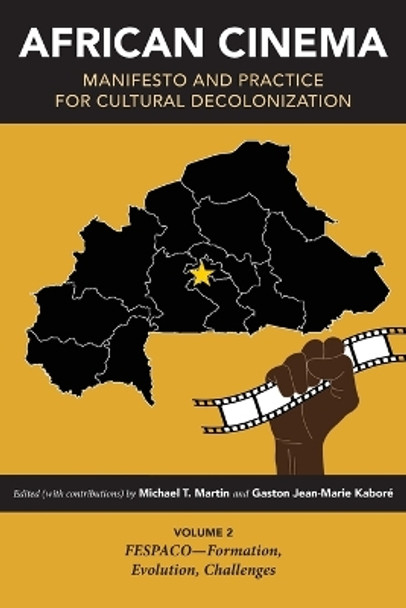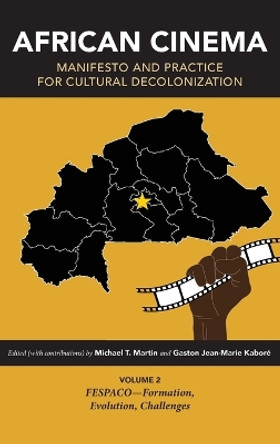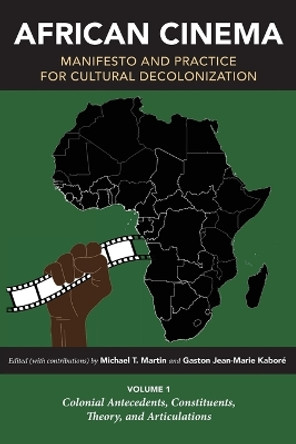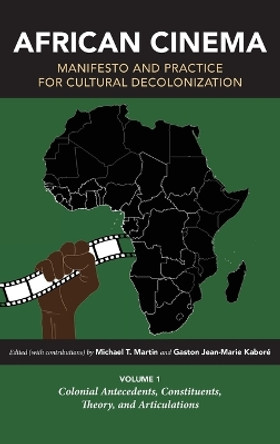Description
Challenging established views and assumptions about traditions and practices of filmmaking in the African diaspora, this three-volume set offers readers a researched critique on black film.
Volume Two of this landmark series on African cinema is devoted to the decolonizing mediation of the Pan African Film & Television Festival of Ouagadougou (FESPACO), the most important, inclusive, and consequential cinematic convocation of its kind in the world. Since its creation in 1969, FESPACO's mission is, in principle, remarkably unchanged: to unapologetically recover, chronicle, affirm, and reconstitute the representation of the African continent and its global diasporas of people, thereby enunciating in the cinematic, all manner of Pan-African identity, experience, and the futurity of the Black World.
This volume features historically significant and commissioned essays, commentaries, conversations, dossiers, and programmatic statements and manifestos that mark and elaborate the key moments in the evolution of FESPACO over the span of the past five decades.
About the Author
Michael T. Martin is Professor of Cinema and Media Studies at the Media School at Indiana University Bloomington. He is editor or coeditor of several anthologies, including (with David C. Wall) The Politics and Poetics of Black Film: Nothing But a Man and Race and the Revolutionary Impulse in The Spook Who Sat by the Door. Martin directed and coproduced the award-winning feature documentary on Nicaragua, In the Absence of Peace, distributed by Third World Newsreel. Gaston Jean-Marie Kabore is a film director, producer, and screenwriter and the former director of the Centre National du Cinema in Burkina Faso.
Reviews
"African Cinema: Manifesto and Practice for Cultural Decolonization combines theory and praxis as a means to explore the social, cultural, political, economic and gendered dynamics of African cinemas within a global context, all of which are determining factors in how African filmmaking practitioners and stakeholders negotiate their place as directors, producers, organizers, activists, scholars, distributors, cultural readers. The collection is an important addition to African Cinema Studies in particular, and the library of Film Studies in general."-Beti Ellerson, Founder and Director, Centre for the Study and Research of African Women in Cinema
"Setting out, African Cinema positioned itself at the intersection of a theory and practice of cultural self-apprehension, with all the contradictions that come with that position. In this three-volume compendium, Martin, Kabore and their various collaborators have provided a comprehensive, almost exhaustive, account eventuating in a third, element-history. A more comprehensive account will be hard to find anywhere else."-Akin Adesokan, Indiana University
"This is a long-awaited volume of detailed, and analytical information and commentary that maps the development of the cinema of a large continent and the background ideas that have influenced its formation."-June Givanni, Director of the June Givanni Pan African Cinema Archive (JGPACA)
Book Information
ISBN 9780253066251
Author Michael T. Martin
Format Paperback
Page Count 610
Imprint Indiana University Press
Publisher Indiana University Press








